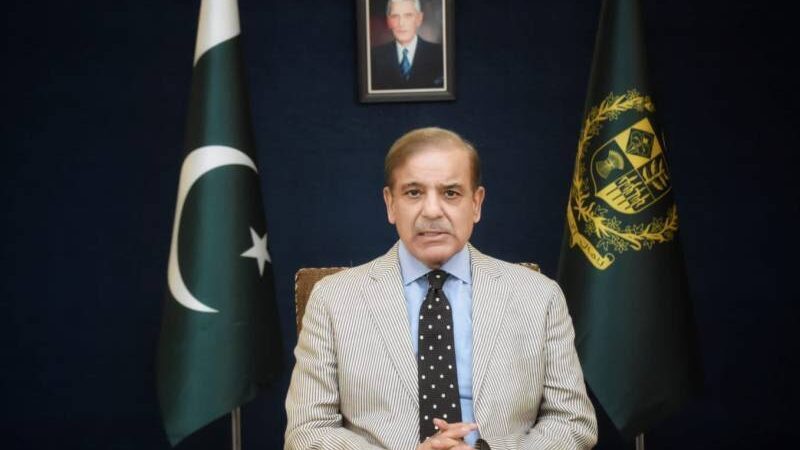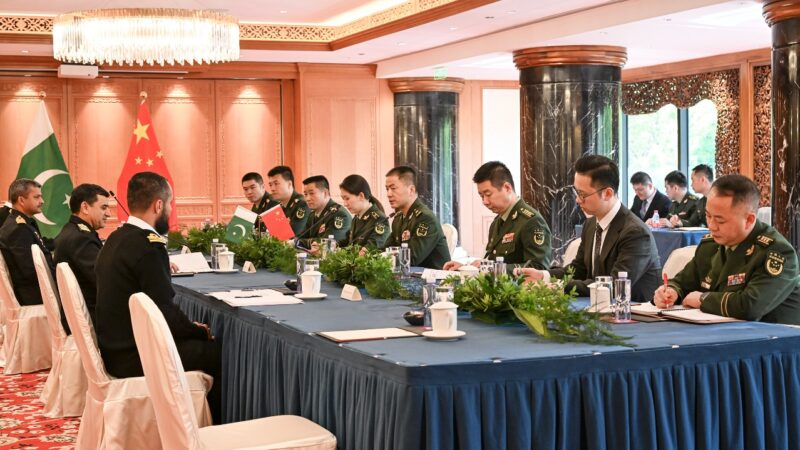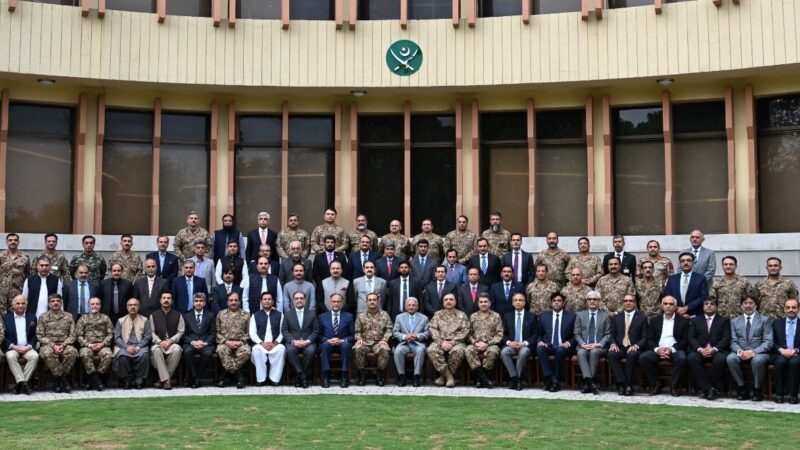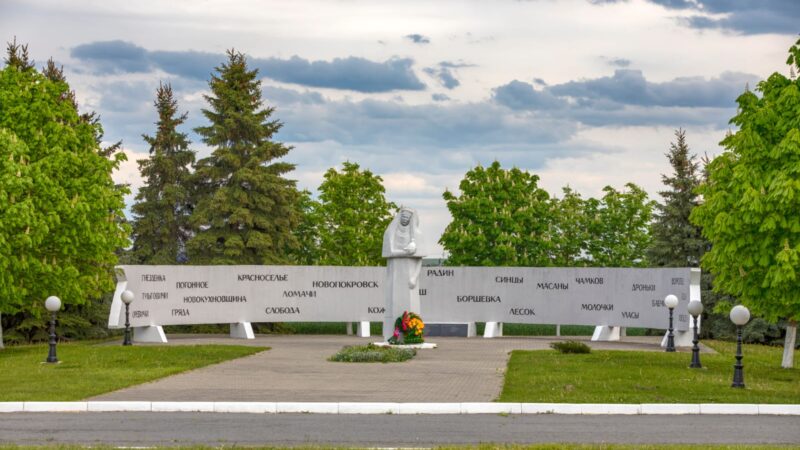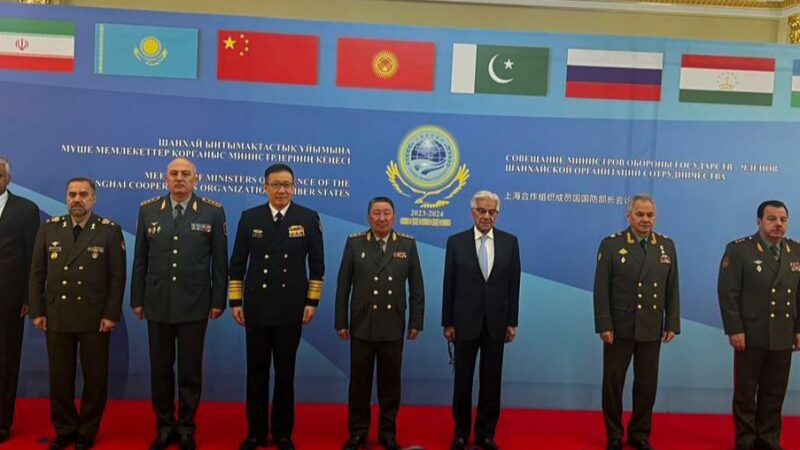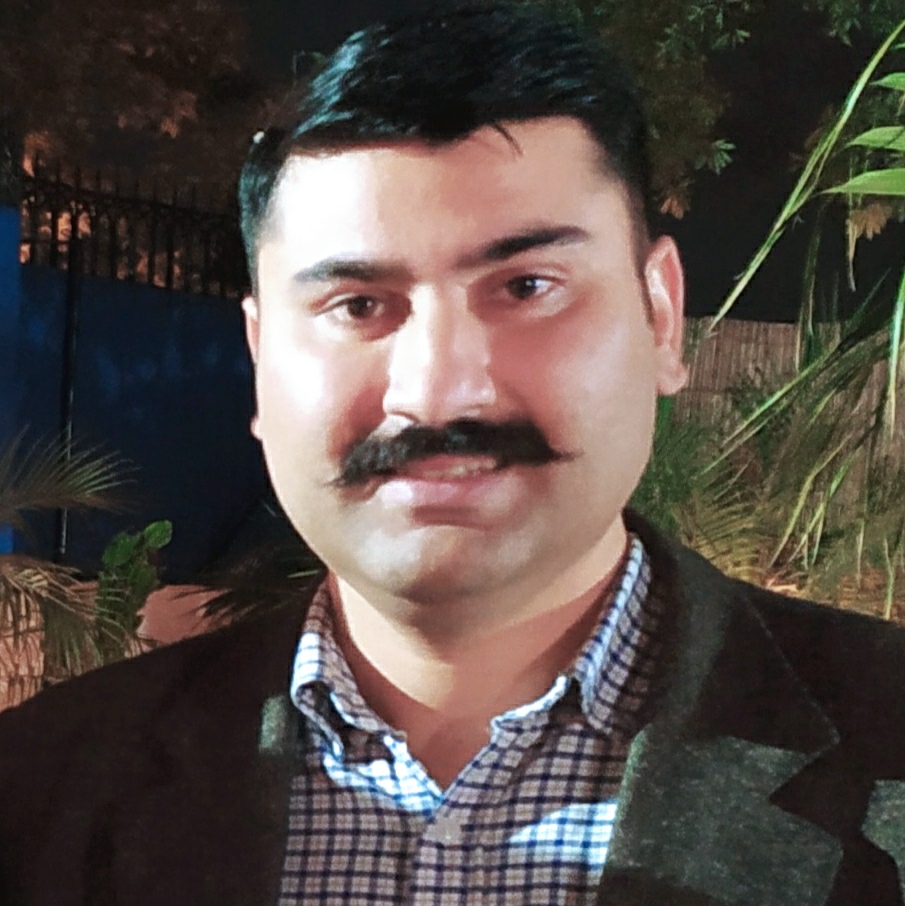Khawaja Hamza
Rise of TTP is a significant security concern for Pakistan and the wider region. With the Taliban in control of Afghanistan, TTP has gained opportunities to operate more freely, potentially impacting KP province, erstwhile FATA, Chitral, and Northern areas. Additionally, reports suggest growing links between TTP and other militant groups, and lately they have established deep evil nexis with all terrorists and separatists groups of India, Afghanistan, Sindh and Balochistan which include Islamic State of Khorasan Province (ISKP), AlQaeda in the Indian Subcontinent (AQIS), Lashkar-e-Jhangvi (LeJ) and most importantly with Balochistan Liberation Army (BLA), Balochistan Republican Army (BRA), Balochistan Liberation Front (BLF), Balochistan Raji Ajjohi Sangar (BRAS), Sindhudesh Liberation Army (SLA) and Sindhudesh Revolutionary Army (SRA).
This evil nexus has multiplied individual terrorist organizations’ prowess and capacities by exchanging intelligence, weapons, agents, and talents, as well as reactivating the sleeping cells and previously inactive and dormant terrorist organizations. This enhanced capabilities resulted in a 27% rise in terrorist incidents seen in Pakistan in 2022.
It may be beyond imagination for most Pakistanis that the TTP has established shadow governance structures in exile with the ultimate aim to control and manage every part of Pakistan. While the extent and effectiveness of their governance-like capabilities remains debated, the governance structure includes formal ministries, almost a duplication of entire ministries of Pakistan at Federal level which are headed by Ministers.
Noor Wali Mehsud, the current Khalifah or Amir of TTP who assumed leadership in 2018, following the assassinations of several leaders, including Baitullah Mehsud and Mullah Fazlullah, is the mastermind behind the recent invigoration of TTP. Soon after assuming the power, he reestablished the central shura as the top policy-making body and appointed ‘Shadow Governors’ in Pakistan’s by splitting Pakistan into North and South Zones.
He copied practically every ministry of the Pakistani government. For example, he appointed Mufti Abu Mansur Asim heads the State General Intelligence, Mufti Mazahim heads the Ministry of Defence, Maulana Badri Masud heads the Finance Ministry, Mufti Tariq Mahmood heads the Ministry of Political Affairs, and Chaudhary Munib ur Rehman heads the Ministry of Information, among others.
Whereas two zones were further divided into twelve governorates known as wilayats. Mohatram Abdul Wahab Sahib heads the Northern Zone and Maulvi Ikhlasyar heads the Southern Zone. Both Zones were further divided into 12 Wilayats in Malakand, Peshawar, Mardan, Kohat, Bannu, Dera Ismail Khan, Peshawar, Zhob, Kallat, Hazara, Gilgit Baltistan, Northern Punjab and Southern Punjab.
These Wilayats have similar governance structures. For example the Wilayat of Malakand is headed by Wali or Governor Maulana Azmatullah, Deputy Wali Dr, Burhan. The head of intelligence is Mohtaram Salman Sahib, Head of Economics is Ahsan Ustaad, Head of Education is Maulana Khalil and Head of Social Welfare is Maulana Tahir.
Surprisingly, they have constructed formidable military command and control systems in each of Pakistan’s two zones. Maulana Noorullah is the head of the Southern Military Commission, while Maulana Qari Karwaan leads the Northern Military Commission. Each of them controls two Deputy Administrators. It has a Suicide Bomber’s Force (Istishhadi Force), led by Maulana Mukhlis. They also have military training academies, one for each zone. Ustaad Sanmandar leads the northern training academy known as Al Rarooq Training Academy, while Hamza Sindhi leads the Northern Zone Training Academy.
TTP’s judicial branch is equally functional. The Judicial branch comprises 6 top judges. Under this apex body there are two appellate panels and two Judicial panels for northern and southern Zones.
Noor Wali Masood following the successful consolidation of TTP and firmly anchoring itself in the northern regions of Afghanistan, including Paktia, Kunar, Khost, and Jalalabad and making headway in KP province, now decided to move to Southern Afghanistan to focus on Balochistan. He, with the explicit and implicit support from the Afghan interim government and active support from Mulla Yaqub and the GDI, firmly established TTP in cities like Hilmund, Zabul, and Kandhar. The primary aim was to re-establish their ties with Deobandi Madrasas and recruit Baloch insurgent factions that intermittently seek refuge in these urban centers and execute coordinated acts of terrorism against the Pakistani government and its security personnel.
TTP with the active support and inspiration of the Afghan Taliban, reestablished its ties with the Deobandi Talibans from Balochistan, beginning with Mullah Aslam Baloch from Noshkey and others who assisted TTP to establish a Wilayat in Kallat made up entirely of Baloch and Brahui groups.
TTP appointed its own confidants in Balochistan’s Wilayats, who were entrusted with fostering BLA (Heer Bayar Marri) and BLA (Bashir Zaib), BLF (Allah Nazar Baloch), and BRAS members. With a view to win them over, TTP not only supported them during their self imposed exile in Afghanistan, provided safe havens for their armed operatives in Southern Afghanistan and supported their family members who have gone to Afghanistan or were living in Balochistan.
Presently, TTP is making significant efforts to persuade the leaders of the Baloch Separates to unite and collectively wage armed resistance against the state of Pakistan. This strategy mirrors the successful union of numerous groups with similar ideologies by the TTP, which is particularly effective in executing terrorist operations in the province of Khyber Pakhtunkhwa.
It is evident that both the Tehrik-i-Taliban Pakistan (TTP) and Baloch separatist organizations receive financial and weaponry support from India and its benefactors in order to distract the Pakistani army from the Kashmir conflict, engage it internally, and jeopardize the China-Pakistan Economic Corridor (CPEC) which is a sore eye for India, the entire west and USA, despite the fact that the TTP has never explicitly stated its intention of derailing CPEC.
It is extremely important from Pakistan‘s point of view, that as of now, the security situation in Afghanistan has improved tremendously. As per authentic data, the terrorist attacks in Afghanistan were not only far less compared to Pakistan, but also compared to India, which may give China a motivation to focus on Afghanistan more for CPEC and less on Pakistan. Though a remote possibility but nonetheless it is fruit of thought for Pakistani policy makers.
Amidst the recent intensification of TTP activities in Swat and Chitral, one of their primary aims was to establish a stronghold in Pakistan. However, this objective was thwarted due to pressure from the Afghan Government, after Pakistan implemented border closures with Afghanistan, declared the repatriation of Afghan aliens and imposed duty and taxes on Afghan transit trade. However, their short-term goals remain to secure the former FATA and specific neighboring regions in order to establish a foothold, ensure the relocation of their families, impose their interpretation of Islamic law, and progressively extend their influence to other regions of the country.
Presently, taking advantage of current political and security turmoil in Pakistan during the run-up to elections, TTP is also likely to intensify acts of terrorism as a means of voicing their dissent towards democratic process, that they perceive as incompatible with Islam, and as an expansion of oppressive American and Western forms of government.
At this juncture, even the extraordinary visit of Maulana Fazal Rehman to the Afghan Taliban seems futile which apparently is an attempt to obtain assurances from the Afghan Government to pressurize TTP to refrain from attacking JUI until at least the upcoming elections. As, even if the TTP may not directly execute terrorist attacks, it can employ proxies such as Tehrik Jehad and Lashkar-e-Islam without implicating TTP. In addition, the capability of Daesh to execute lethal terrorist attacks, which are expected to intensify in the run-up to the forthcoming general elections, renders it impossible to ignore.
The Pakistani government, and our intelligence agencies in particular, should place its complete attention on stifling and preventing all means of weapon and financial transmission to TTP and the Baloch separatists, which is their primary motivation. It has been consistently reported that a substantial amount of money is allocated by India for each assault, in direct proportion to its level of lethality. These organizations even fabricate and publicize bogus assaults in order to receive payment.
Terrorist attacks have beset Pakistan since its inception. Frequently, India, which has formally acknowledged Pakistan but never accepted it as a sovereign nation, is the main culprit. It instigated a state of rebellion in East Pakistan and effectively accomplished its malevolent goal. It is once more supporting insurgency in Balochistan by providing Baloch separatist organizations with funds, weapons, and ideological motivation. It also supplies the TTP with financial resources, weaponry, and intelligence assistance in an effort to destabilize the nation of Pakistan, damage its economic and financial interests, tarnish its reputation, impede the progress of CPEC, and stymie its overall development. As a nation, it is our responsibility to thwart its abhorrent goals and objectives and accelerate the nation’s development.

